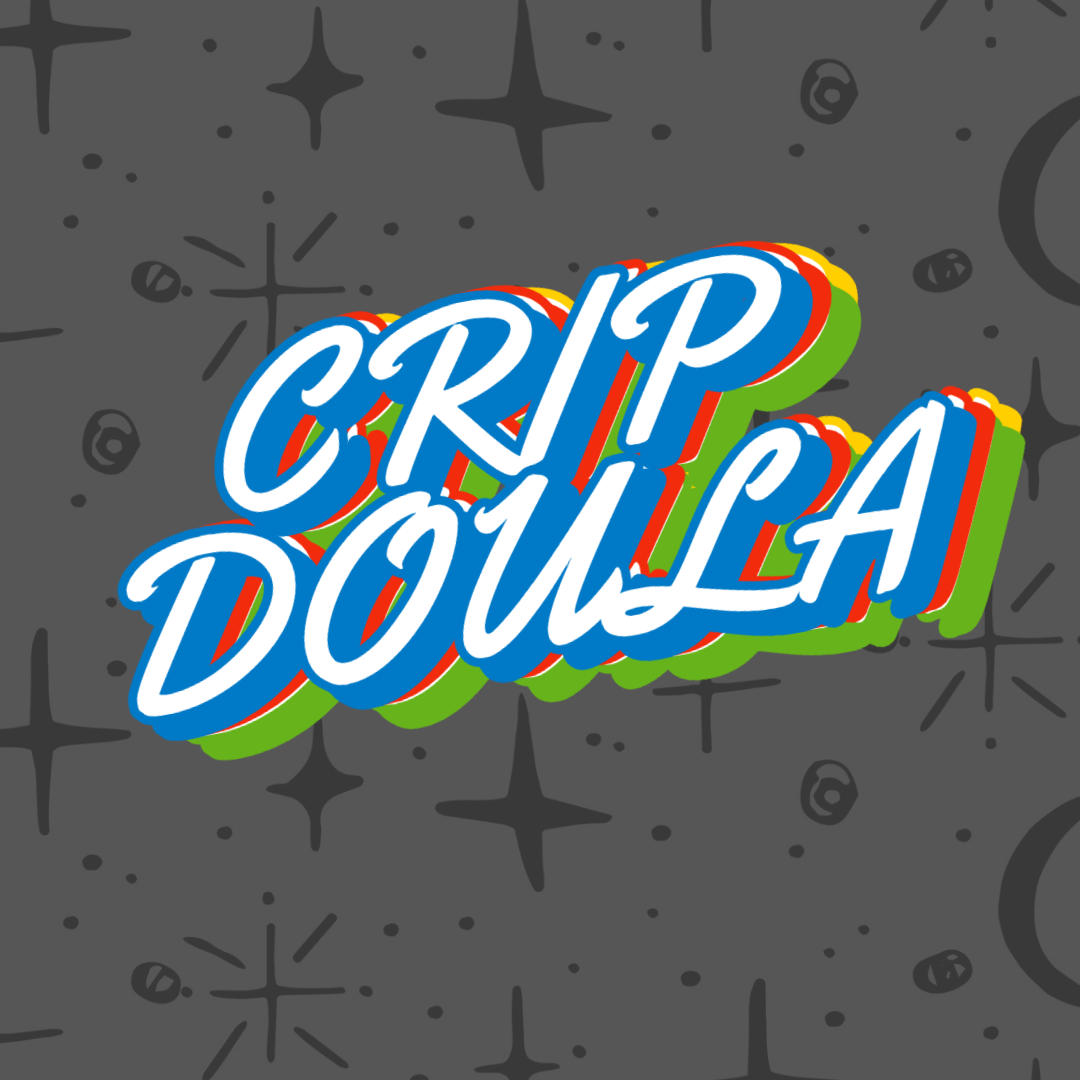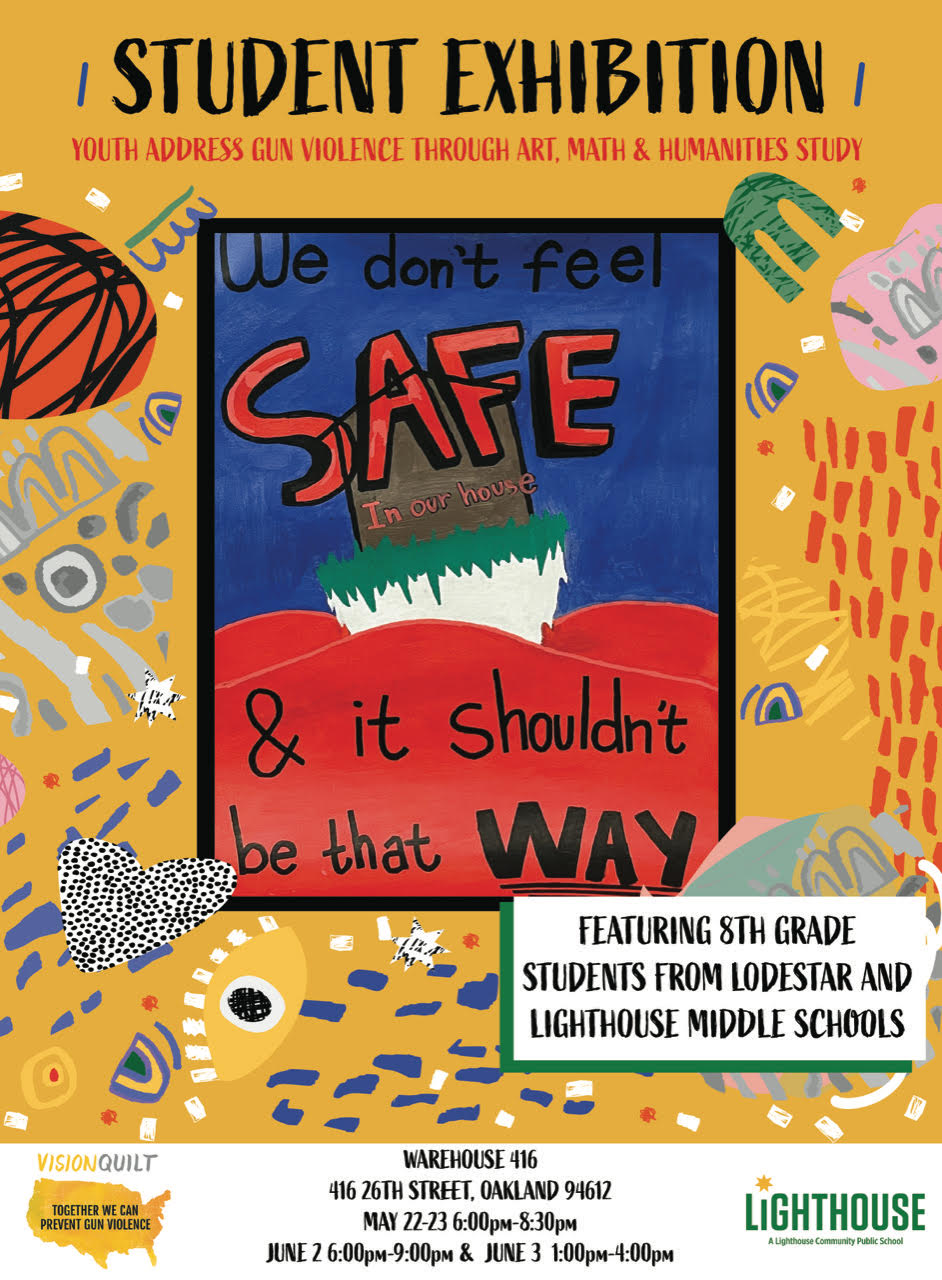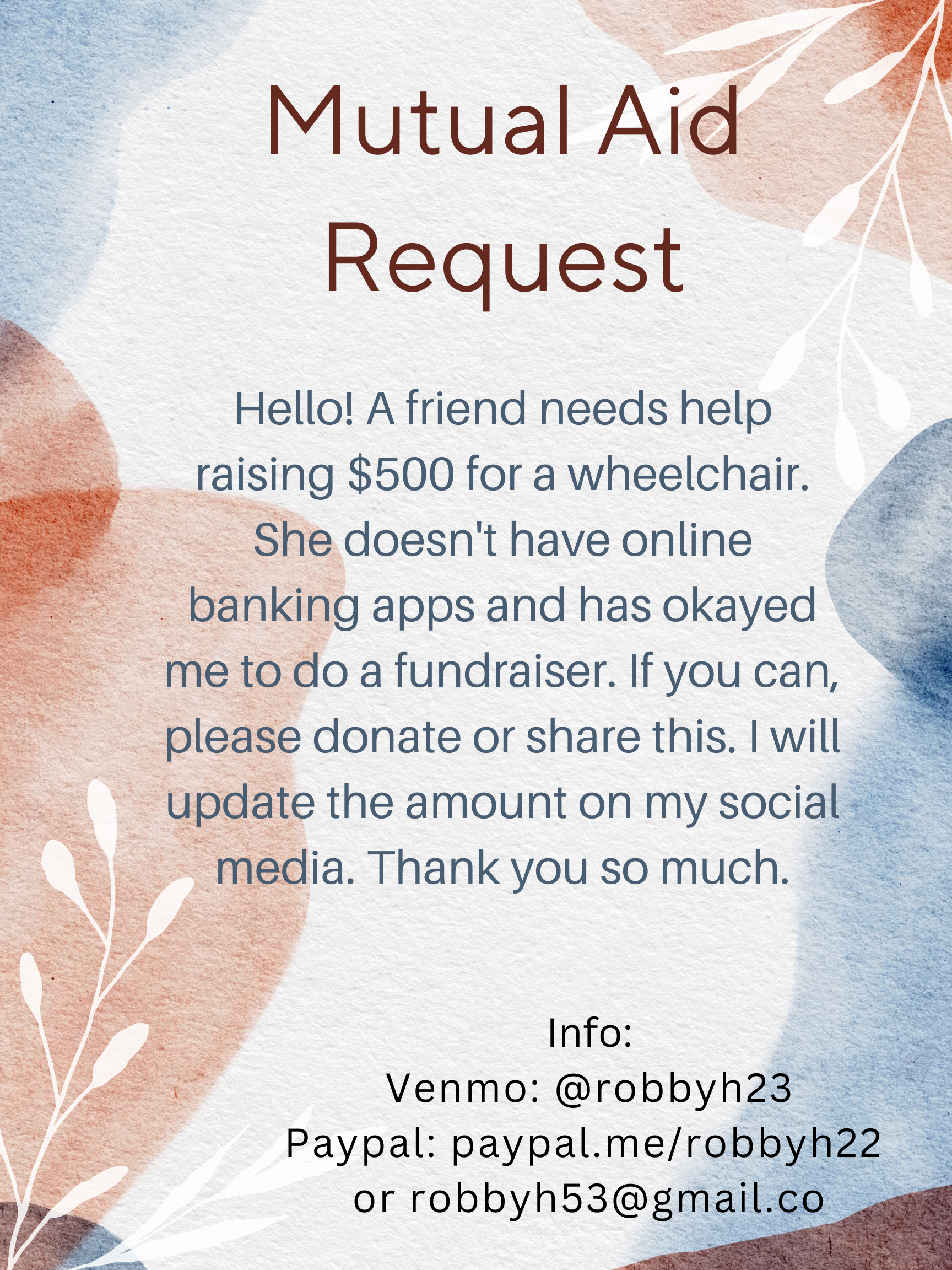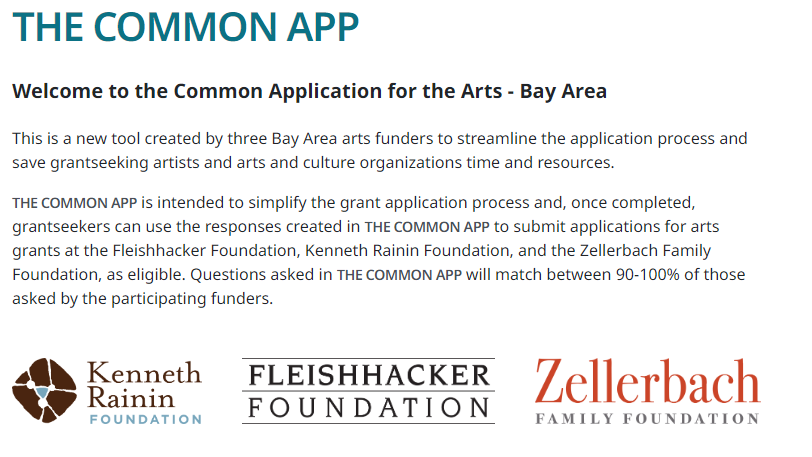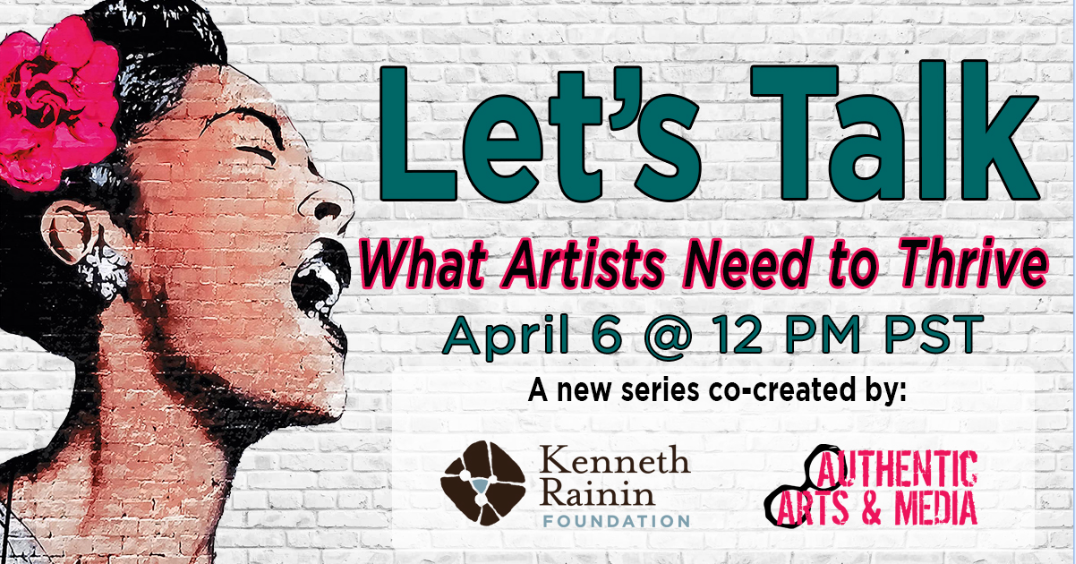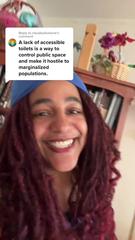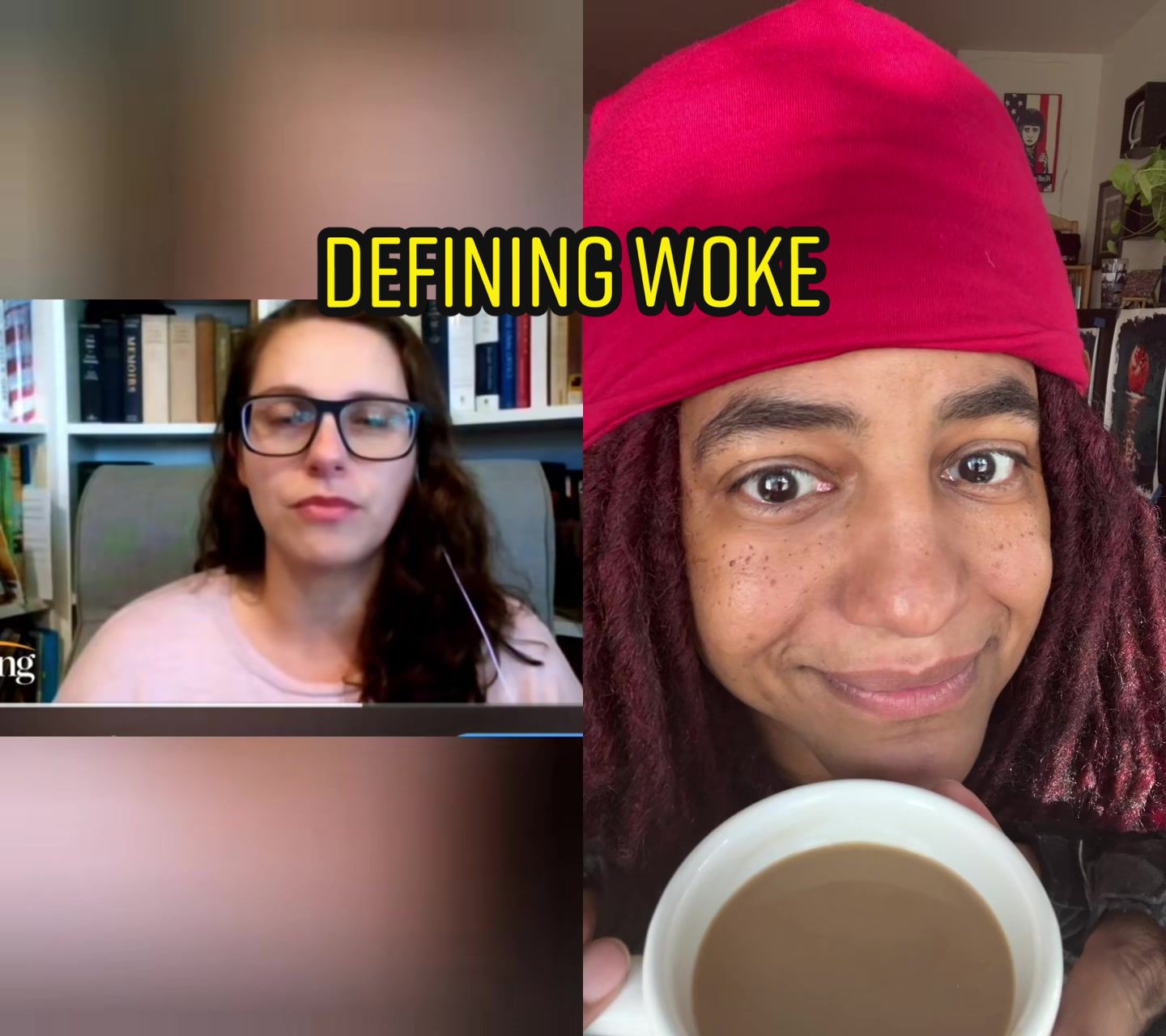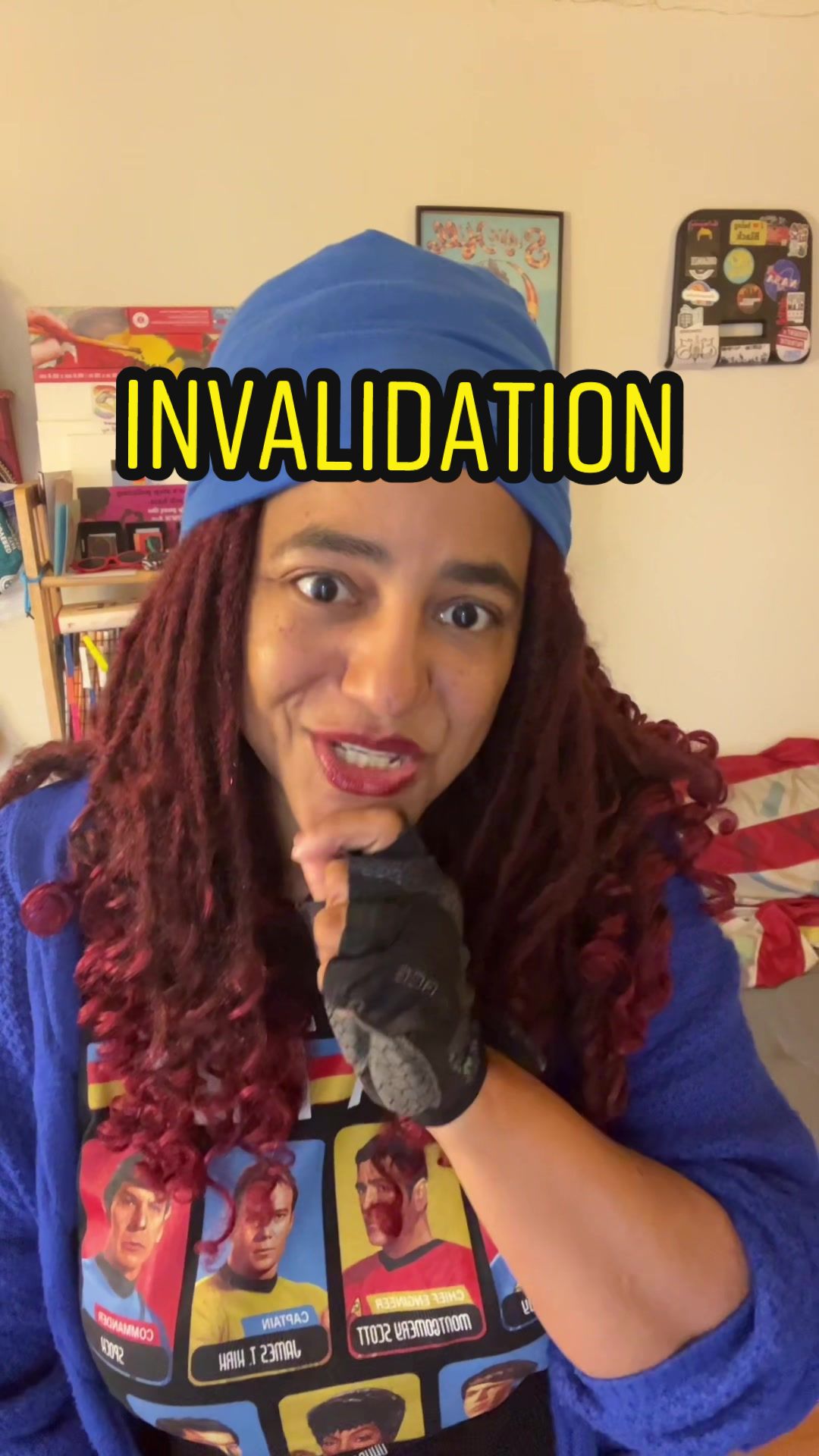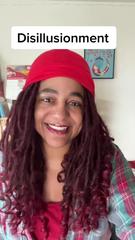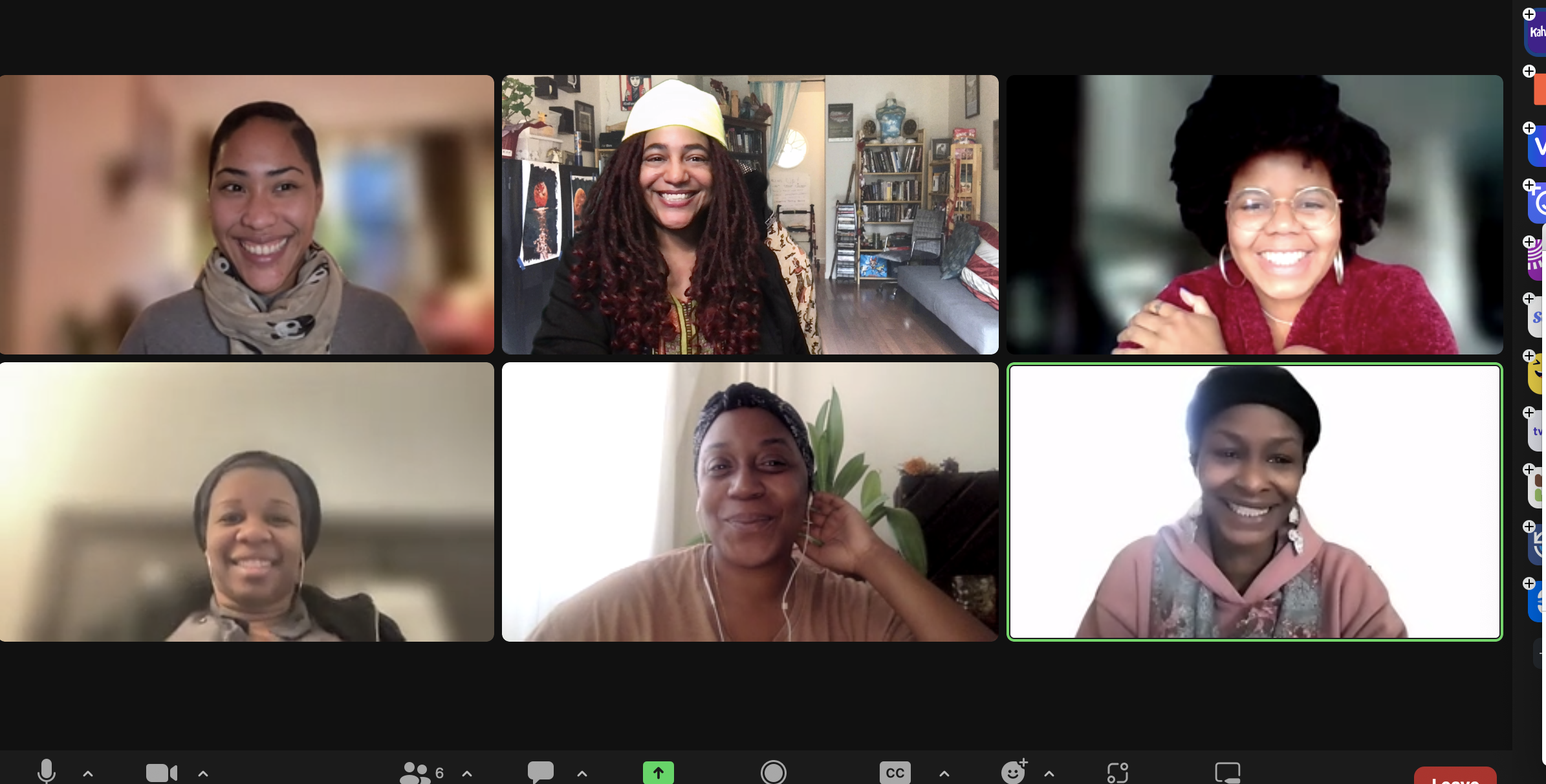Supremacy culture cunningly wields the weapon of invalidation as a potent tool of social control, enabling its agents to maintain a facade of righteousness while perpetuating injustices. In their pursuit of a perceived moral high ground, adherents of supremacy culture systematically dismiss and discredit any data that shines an unflinching light on the wrongs they perpetrate. This calculated act of denial serves to safeguard their own self-image, shielding them from the uncomfortable truths that challenge their actions. A stark consequence of this insidious strategy is the wholesale rejection of the lived experiences of black women and other marginalized individuals who endure tangible harm as a result of supremacist ideologies. It is within this realm of invalidated experiences that the foundation for maintaining power is laid, emboldening right-wing proponents to champion policies that, shockingly, pave the way for the marginalization and harm of transgender individuals. Indeed, the very notion of policies tantamount to trans-genocide finds its roots in the deliberate invalidation of the voices and struggles of those most affected, underlining the chilling effectiveness of invalidation as a means of furthering the agenda of supremacy culture.
